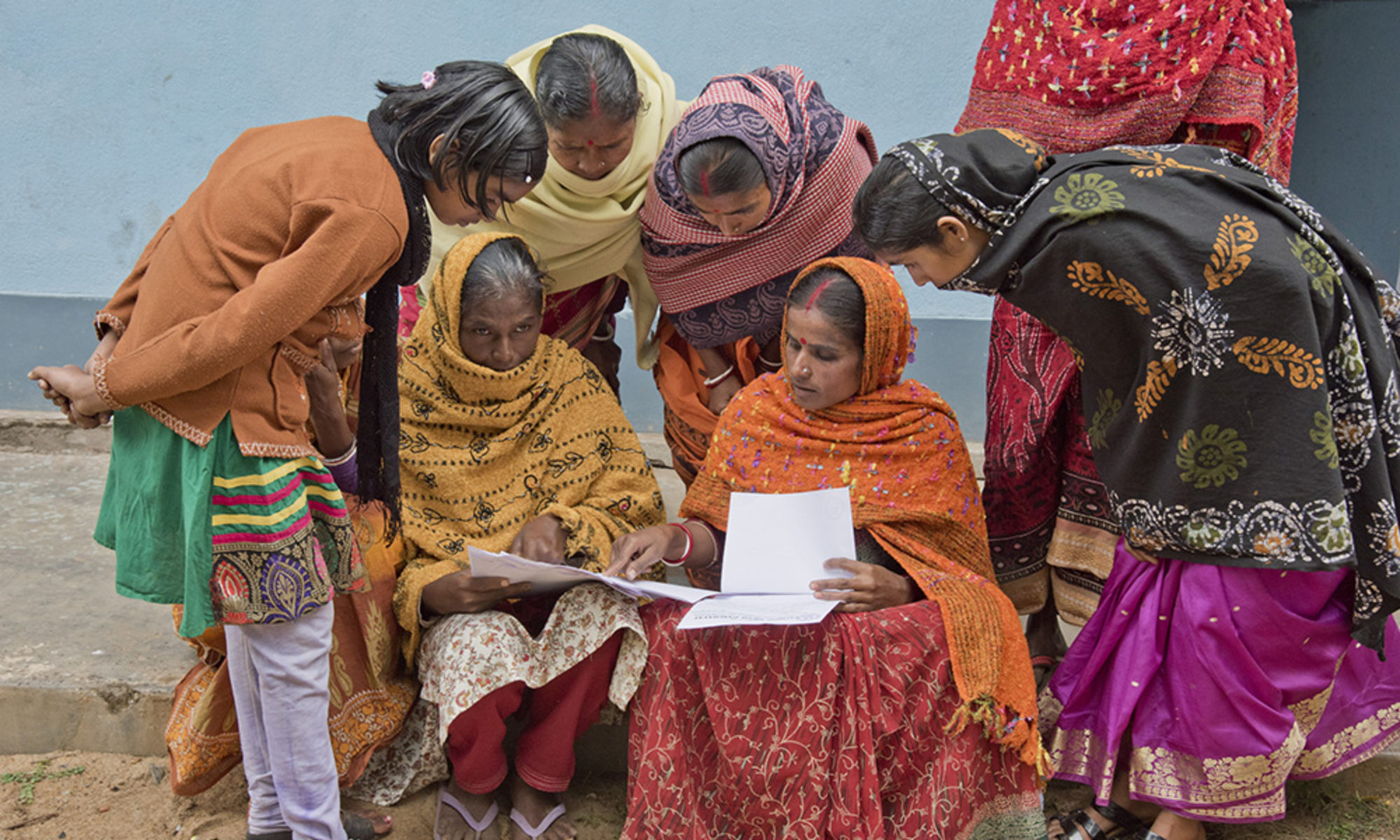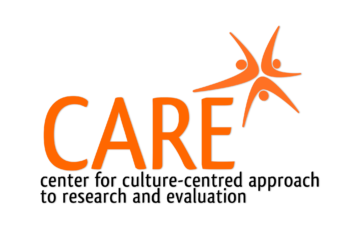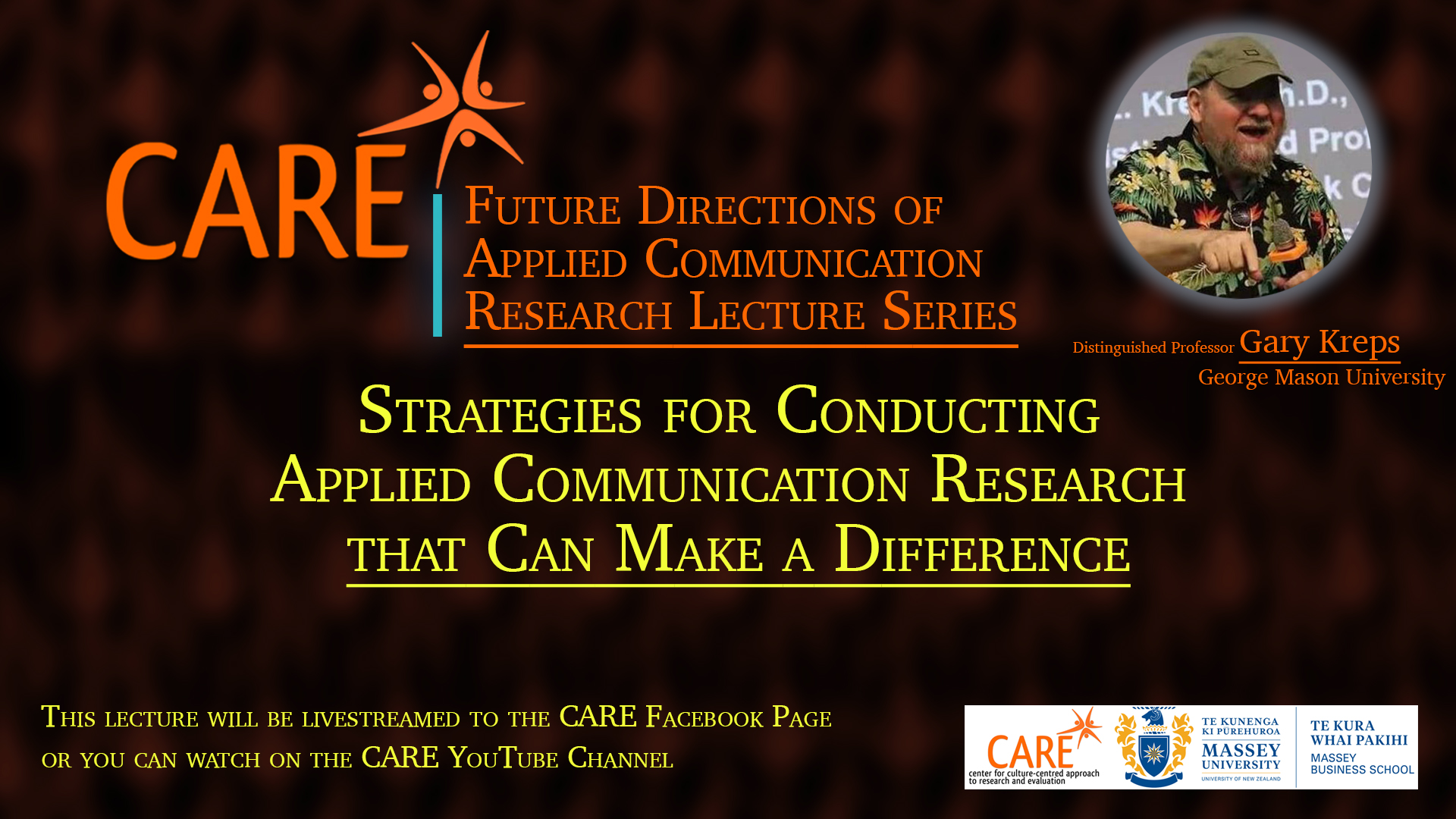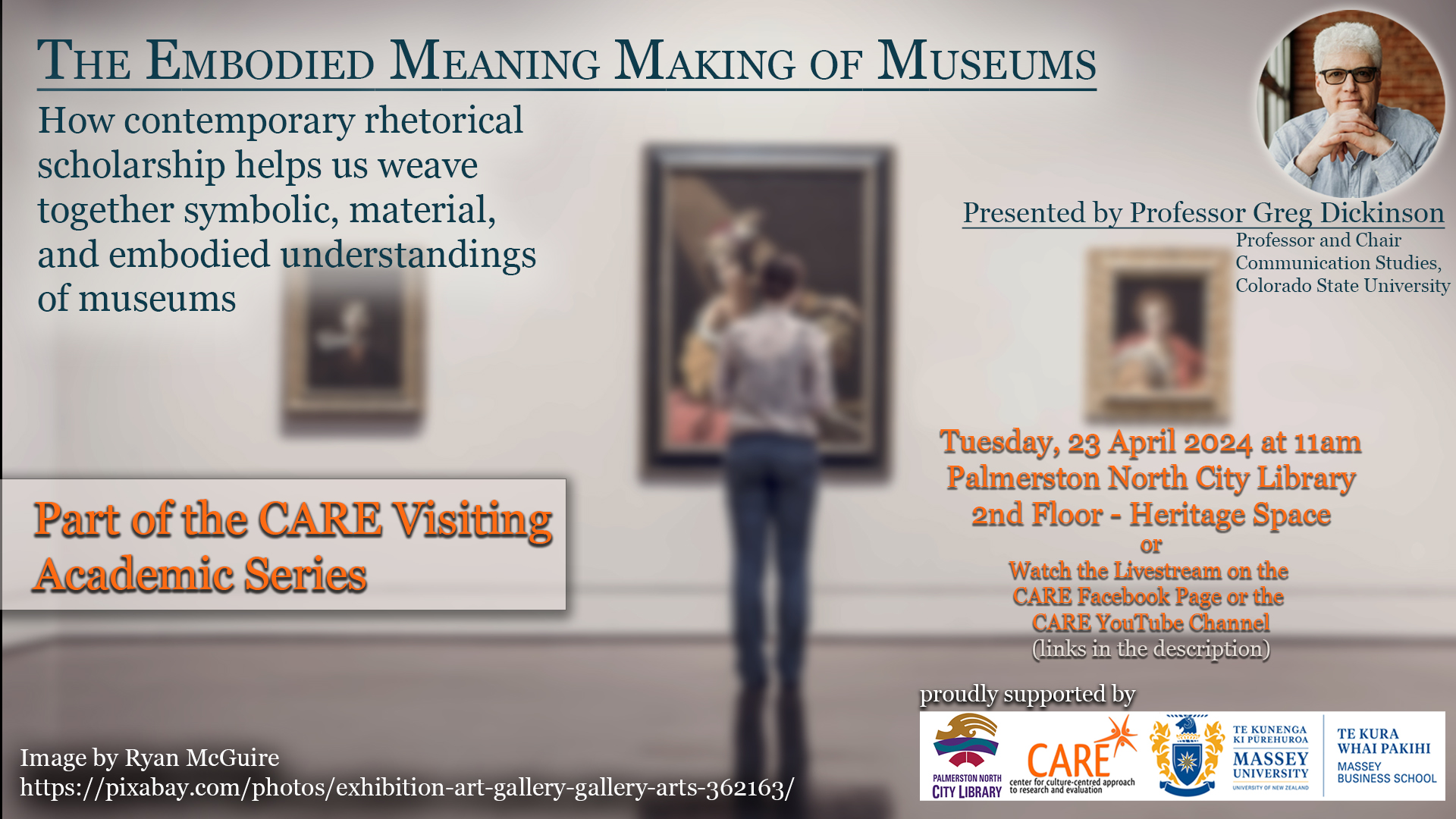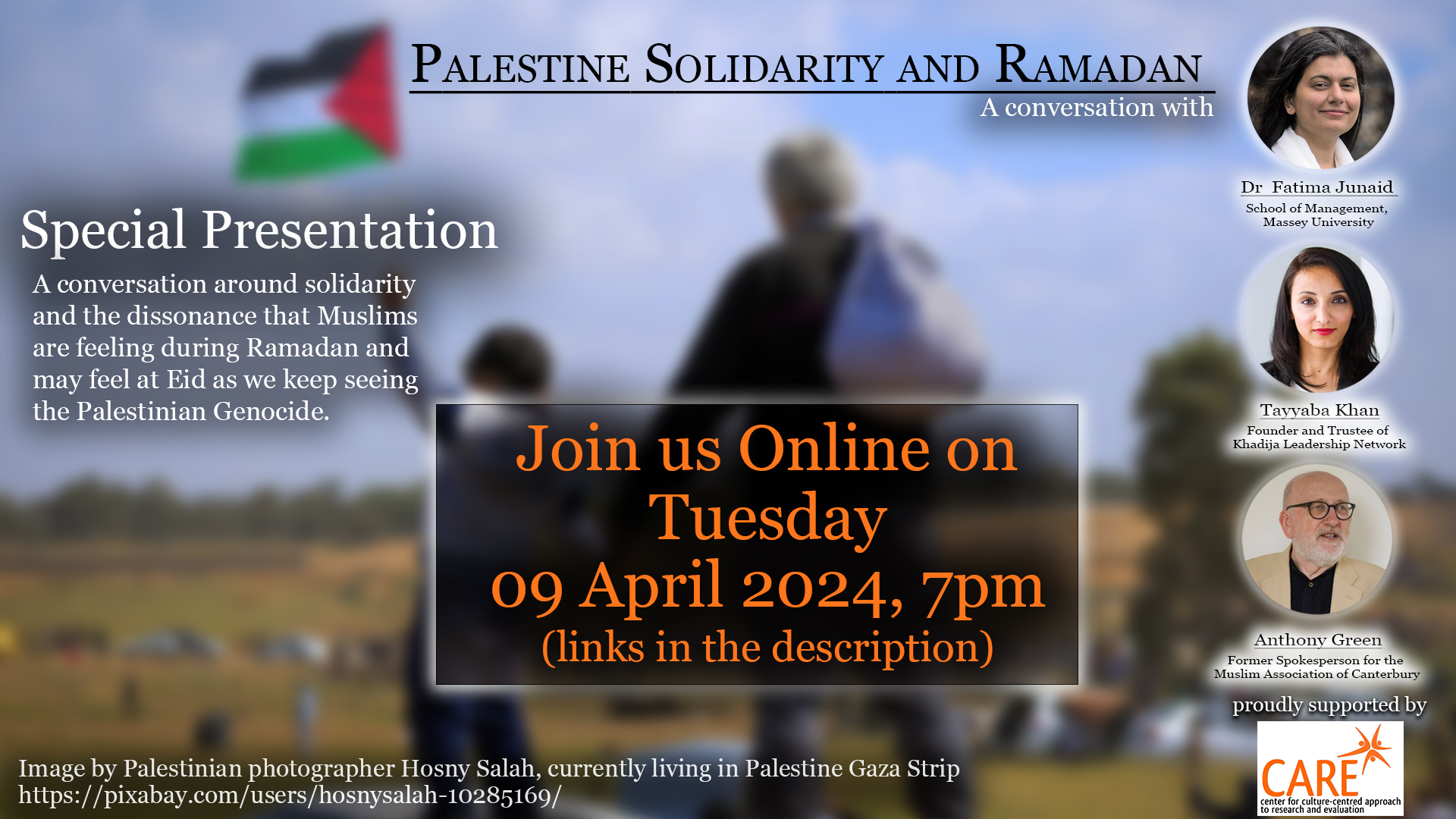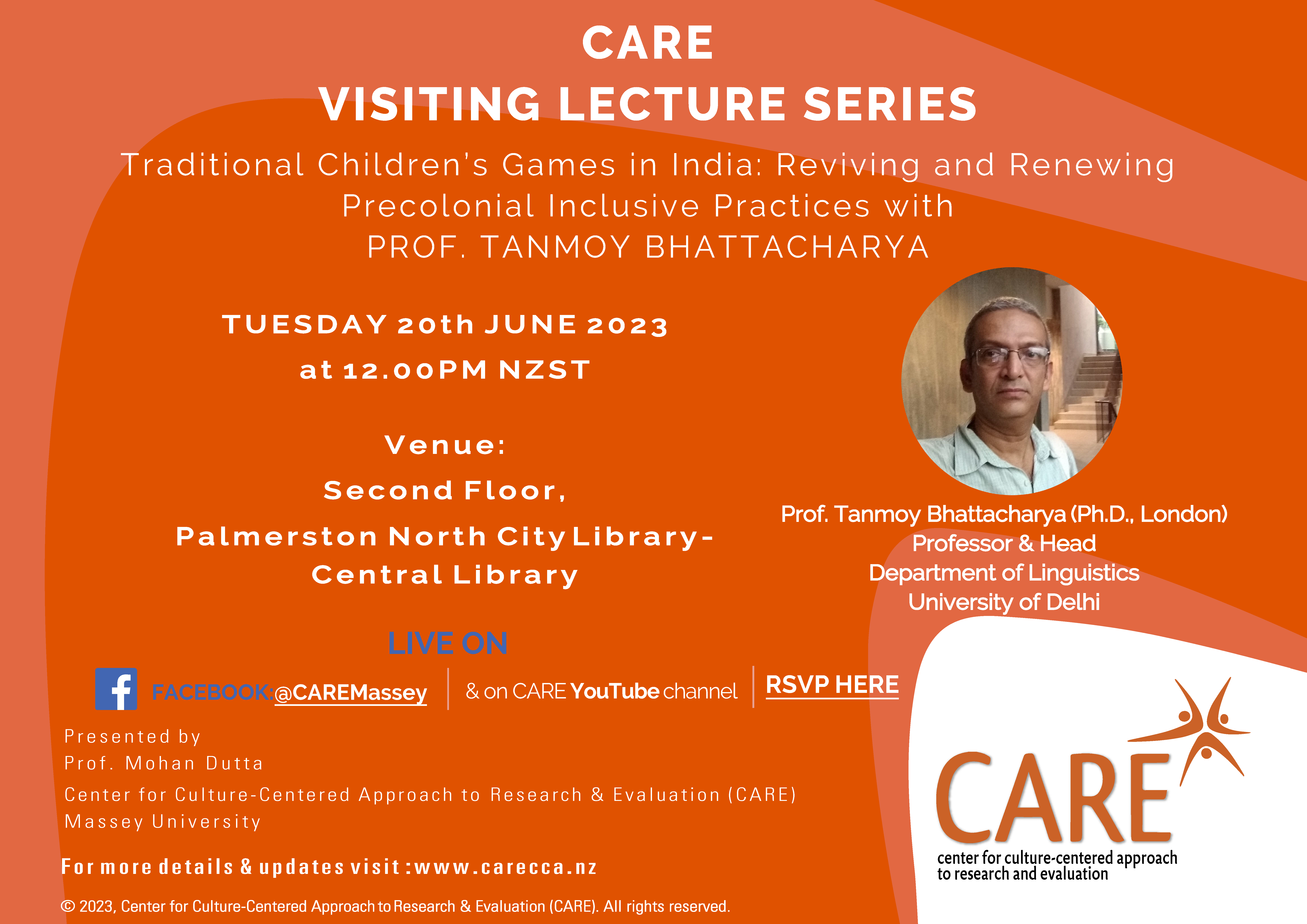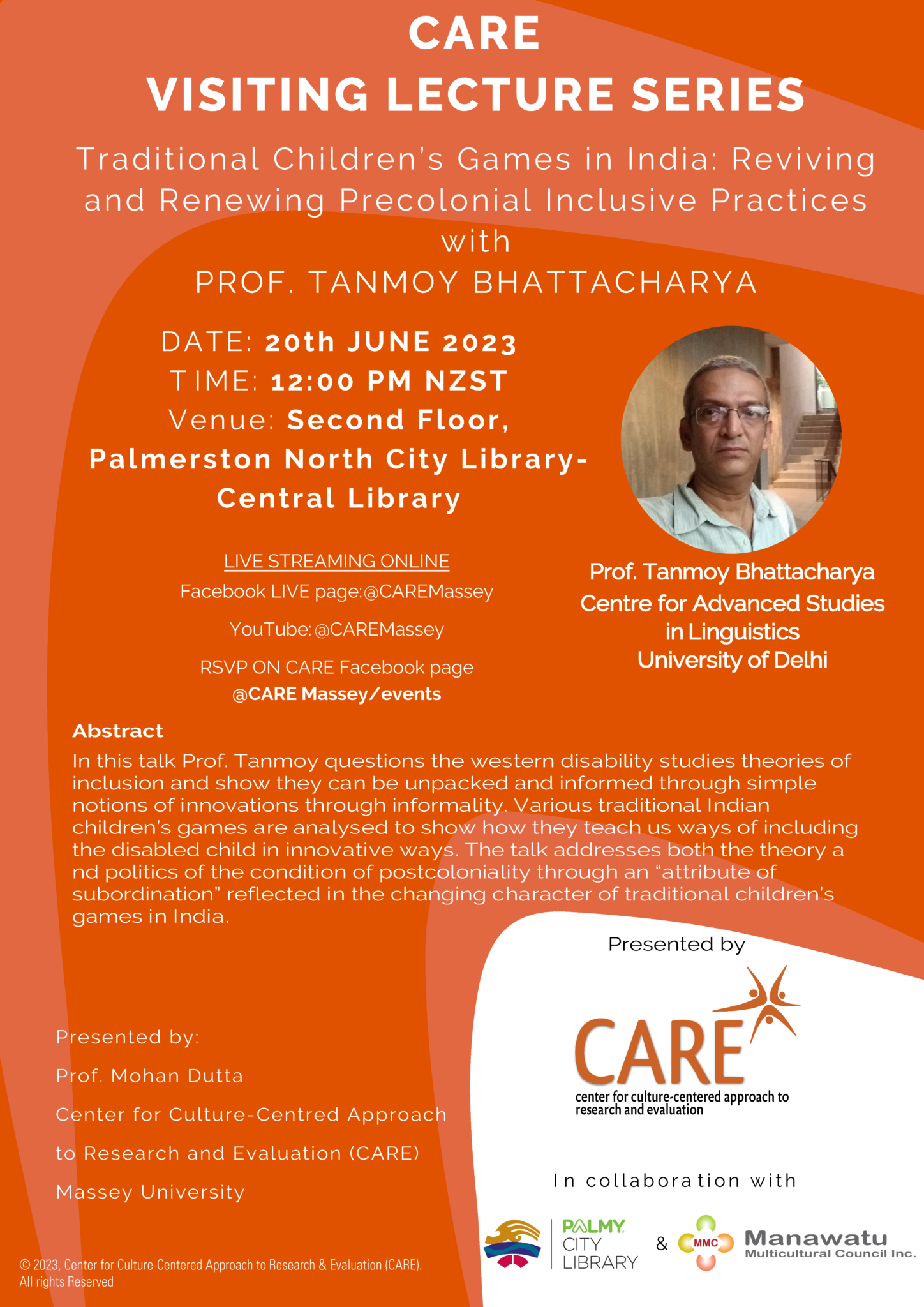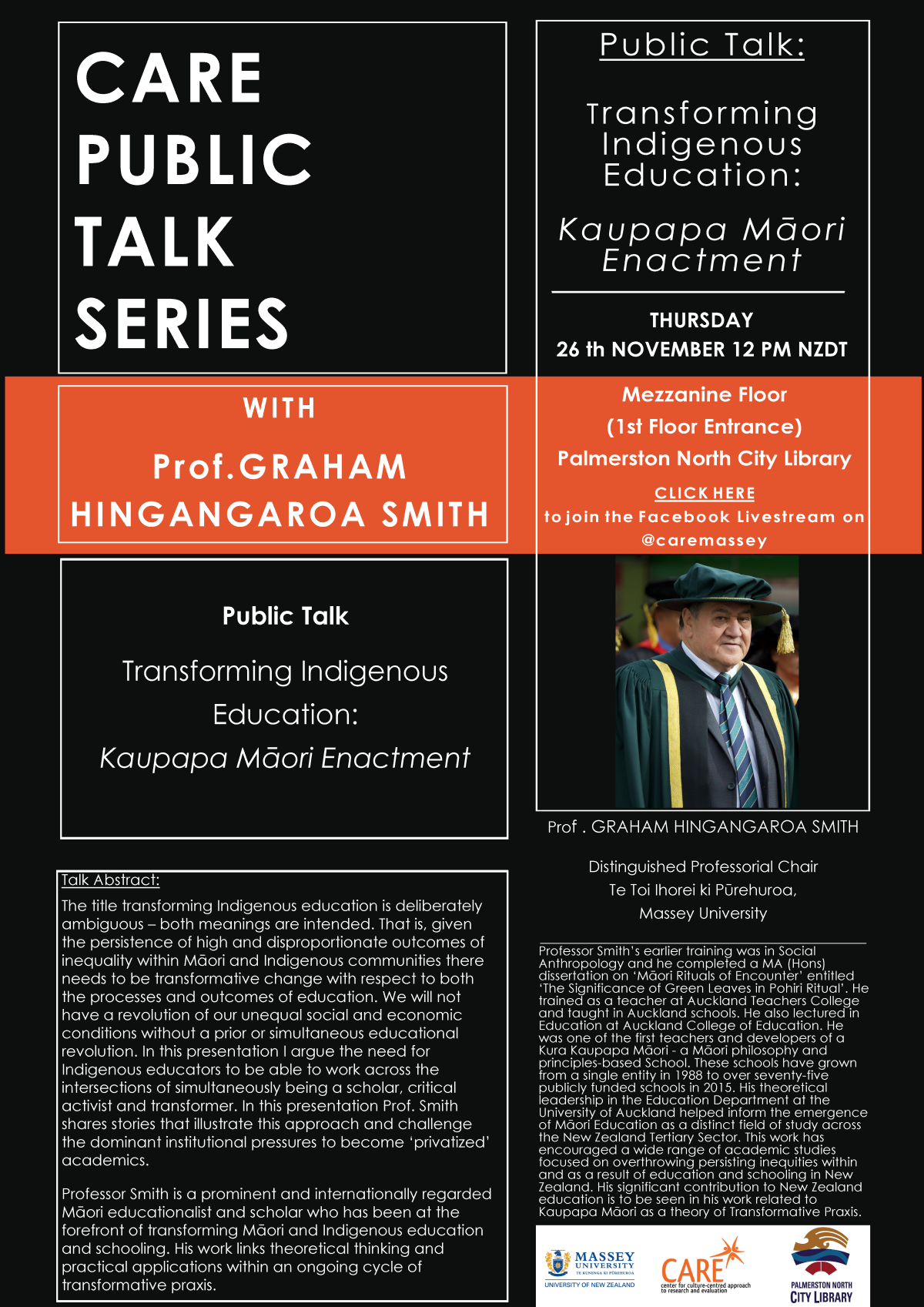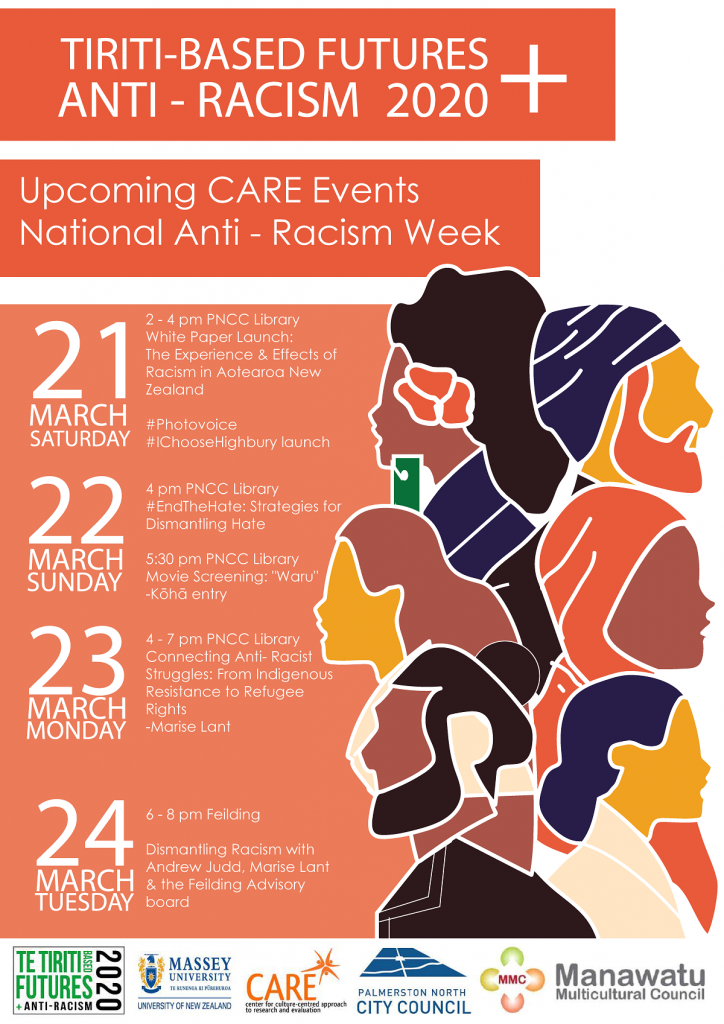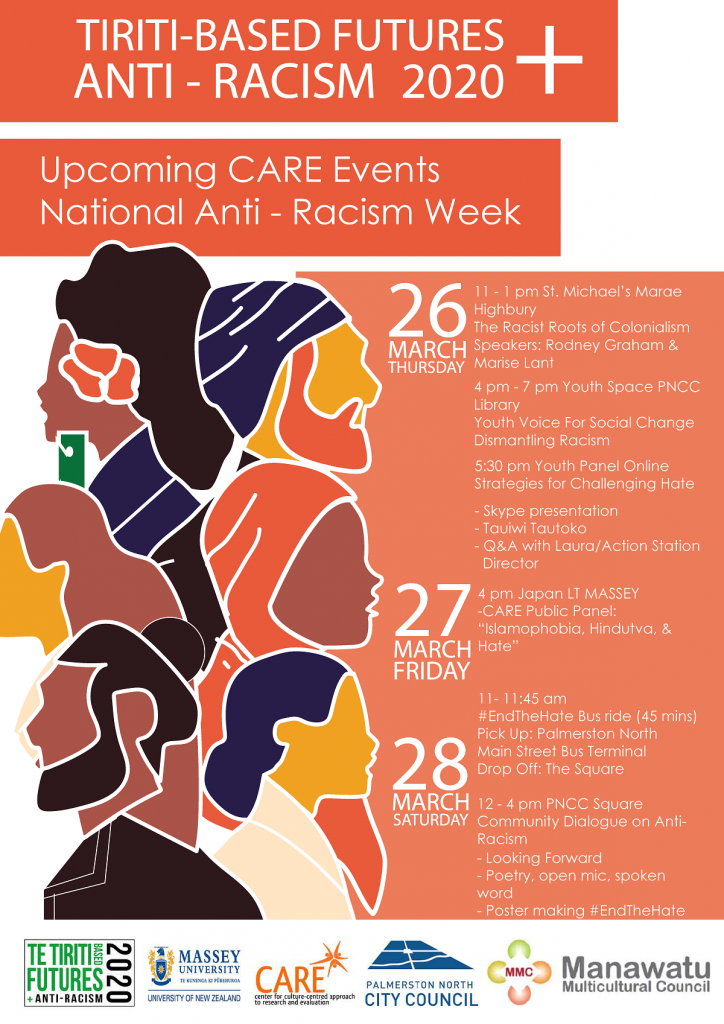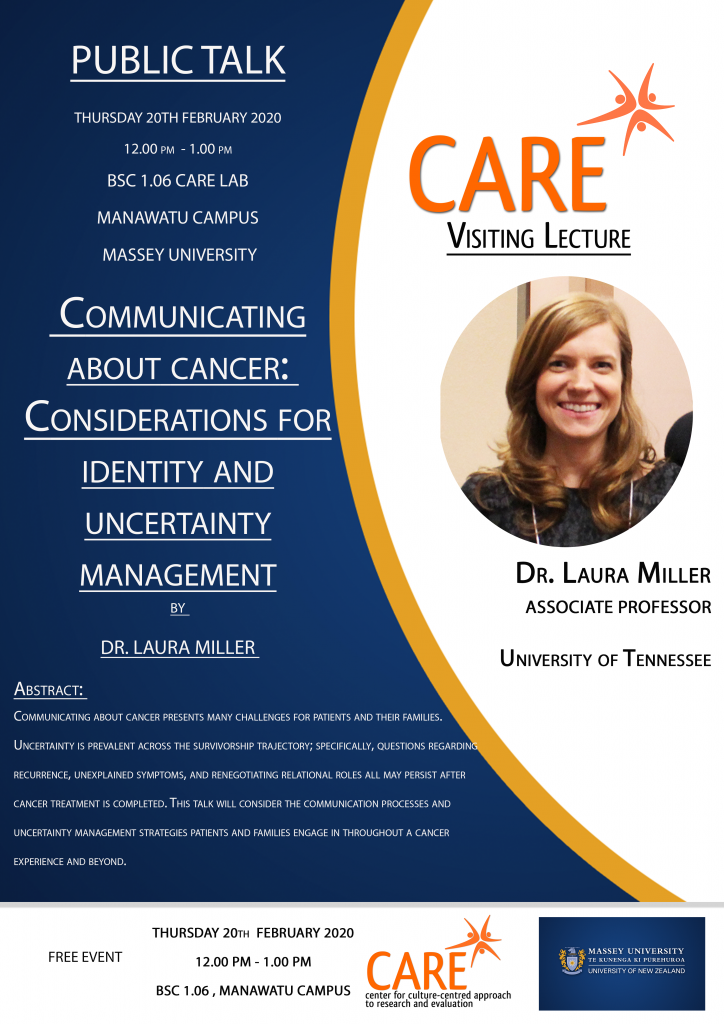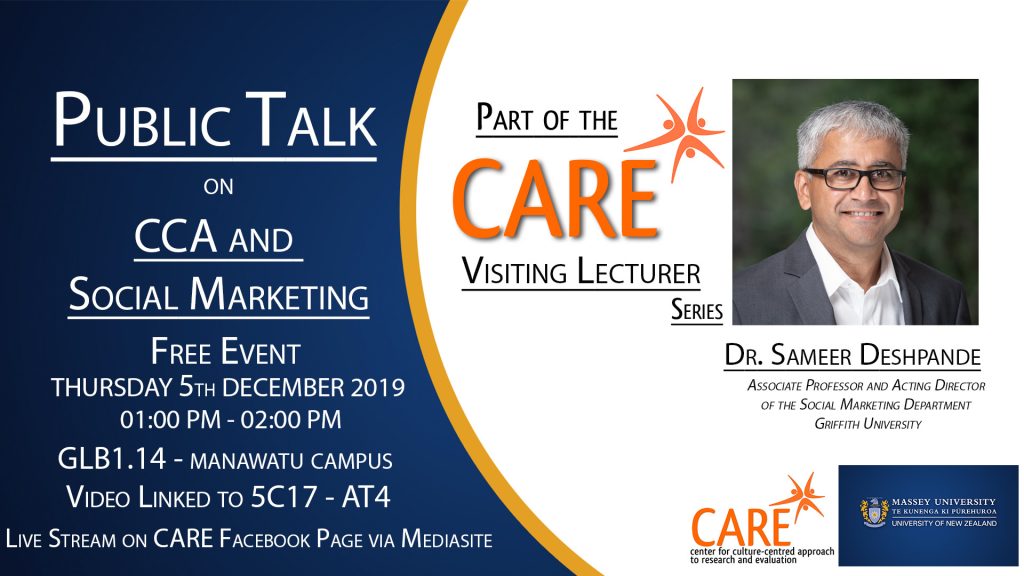Lecture Topic: Strategies for Conducting Applied Communication Research that Can Make a Difference with Distinguished Professor Gary Kreps, George Mason University
Tuesday, 3rd September 2024 @ 10 am NZST on Facebook LIVE & YouTube LIVE!
Facebook: https://www.facebook.com/share/RMBrKaZwjuCLG5XZ/
YouTube: https://www.youtube.com/live/H-KCN0hnwuU
About the Lecturer: Prof. Gary Kreps is completing his 20th year on the faculty at George Mason University, where he currently serves as a Distinguished University Professor of Communication and Founding Director of the Center for Health and Risk Communication. Prof. Gary teaches courses concerning Communication Research, Health Communication, Risk Communication, Interpersonal Communication, Organizational Communication, Consumer-Provider Health Communication, Health Communication Campaigns, and Digital Communication.
Prior to joining the faculty at Mason, he had the pleasure of serving as the Founding Chief of the Health Communication and Informatics Research Branch at the National Cancer Institute (NIH), where he planned, developed, and coordinated major new national research and outreach initiatives concerning risk communication, health promotion, behavior change, technology development, and information dissemination to promote effective cancer prevention, screening, control, care, and survivorship.
Prof. Gary also served as the Founding Dean of the School of Communication at Hofstra University, Executive Director of the Greenspun School of Communication at UNLV, and in faculty and administrative roles at Northern Illinois, Rutgers, Indiana, and Purdue Universities.
Read more here
Read more about the CARE Lecture Series:
#AppliedCommunicationResearch #CARELectureSeries #CommunicationResearch #GaryKreps #CAREMassey #MasseyUni #GeorgeMasonUniversity #CARECCA #Aotearoa #NewZealand
